UK strikes will continue until one side wins battle: Analyst
UK Prime Minister Rishi Sunak's government is not willing to negotiate with strikers, and it is a dangerous policy that can lead to more strikes in the crisis-ridden country, an analyst told Press TV.
“Rishi Sunak is refusing to budge his language, he is absolutely devoid of negotiation or conciliation, he's essentially saying in very few verses take it or leave it and we are not going to budge now that's a very dangerous situation for a government,” Mick Napier made the comments during Press TV’s Spotlight program.
Napier believes that the British strikes will continue because the people really do not want to go under the burden of the government's demands and ignore the significant reduction in their living standards and the burdens of an unprecedented inflation in their country.
The Royal College of Nursing (RCN), the registered trade union for nurses in the UK, said thousands of nurses in Britain would go on strike again on two consecutive days, January 18 and 19, with further dates to be confirmed in the New Year.
The RCN said the British nurses had walked out on December 15 and 20 across the country over pay disputes.
The British health sector has warned the government against the risk to patient safety, as a wave of industrial action is underway across the country over the Christmas holiday season.
“Millions of children go to bed hungry every night, millions of families in the country - one of the richest countries in the world - have to choose between Heating and eating and the cost of heating now is such that the quality of the of life for many people is already falling very substantially, people are living in homes that they are afraid to heat,” Napier pointed out.
Meanwhile, passengers at British airports have been warned of delays after passport control staff walked out on Friday, the first day of a strike due to last until December 31.
More than 1,000 Border Force staff, who are employed by the British government, were expecting to strike following industrial action by nurses, paramedics, and workers in the rail and postal sectors even as they had been offered a 2 percent pay rise, far below the UK inflation rate, which stood at 10.7 percent in November.
Border Force expressed apologies for any disruption for travelers entering Britain and said it was working with partners across the travel industry to support the inflow of passengers and goods.
Shabbir Razvi, political and economic analysts also told Press TV that the UK government should change its economic priorities. When people in the country are not able to buy their necessities, when they are not able to pay their energy bills, the government is thinking of helping Ukraine and has poured a lot of money into (Ukrainian president) Zelensky’s government.
“We were told that privatization will sort of make it more competitive, the consumers will benefit from it but what has happened is that the top echelons of these privatized companies are milking millions out of it, whilst not willing to pay the ordinary workers, what they properly deserve; so there's got to be a radical shift in Economic Policy,” Razvi said.
British Prime Minister Rishi Sunak has said he was disappointed about the disruption caused by strikes by unions representing workers in sectors including rail, health and border staff.
“I’m really sad and disappointed about the disruption that has been caused to so many people’s lives, particularly at Christmas time,” Sunak told reporters.
The UK’s most intense strike wave in decades is a response to an inflation rate running at 40-year highs and a cost-of-living crisis driven by soaring food and energy prices in the wake of Russia-Ukraine war and the COVID-19 pandemic.
As a result of the industrial action, people across the UK face postponed hospital appointments, canceled trains, and travel delays during the winter holiday season. However, opinion polls have suggested a high level of support for the workers.
The UK army has been put on standby to help drive and direct emergency vehicles, as ambulance crews are due to walk out again on December 28.
VIDEO | Israel silencing truth
IRGC: Enemy command room of 10 intel agencies targeted Iran
US threat to Iran's Leader will ignite entire region: Hezbollah
VIDEO | Campaign to stop sale of Israel bonds grows in US
VIDEO | Iran judiciary, military detail foreign role in unrest; honor martyrs
Experts slam ‘scientifically reckless’ US withdrawal from WHO
Recent US military actions signal return to ‘predatory colonialism’: UN rapporteur
‘Confused clowns’: Iran FM blasts Zelensky over call for aggression on Iran


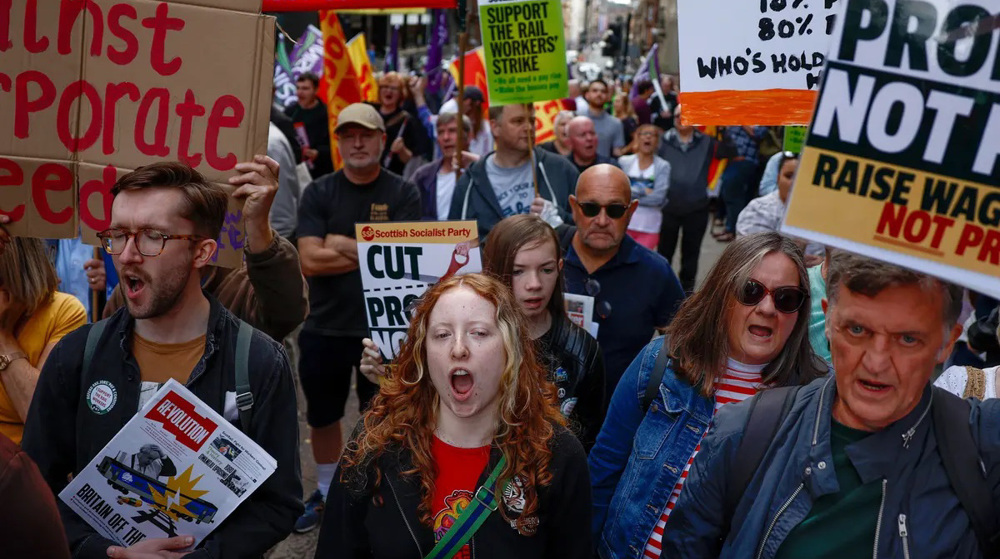
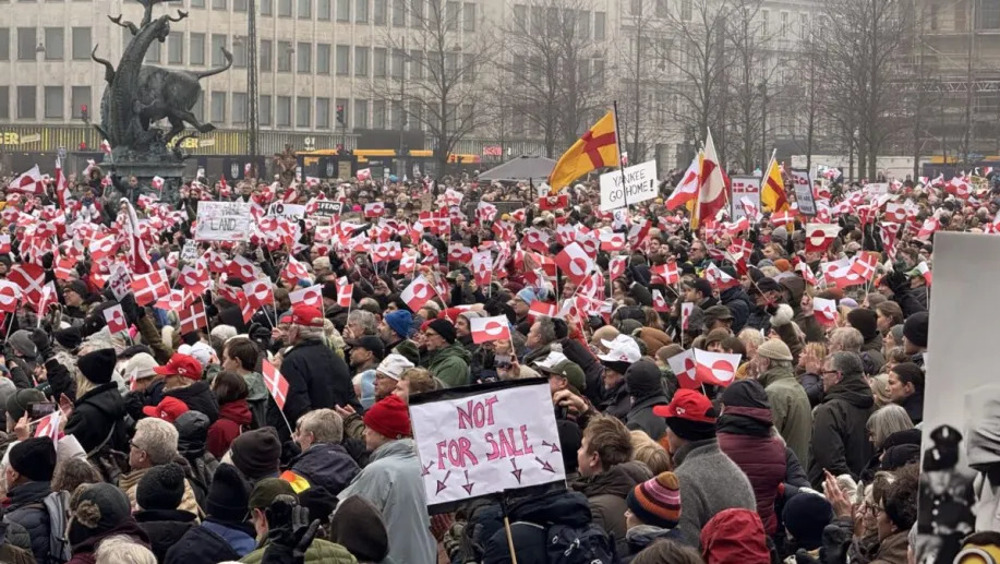
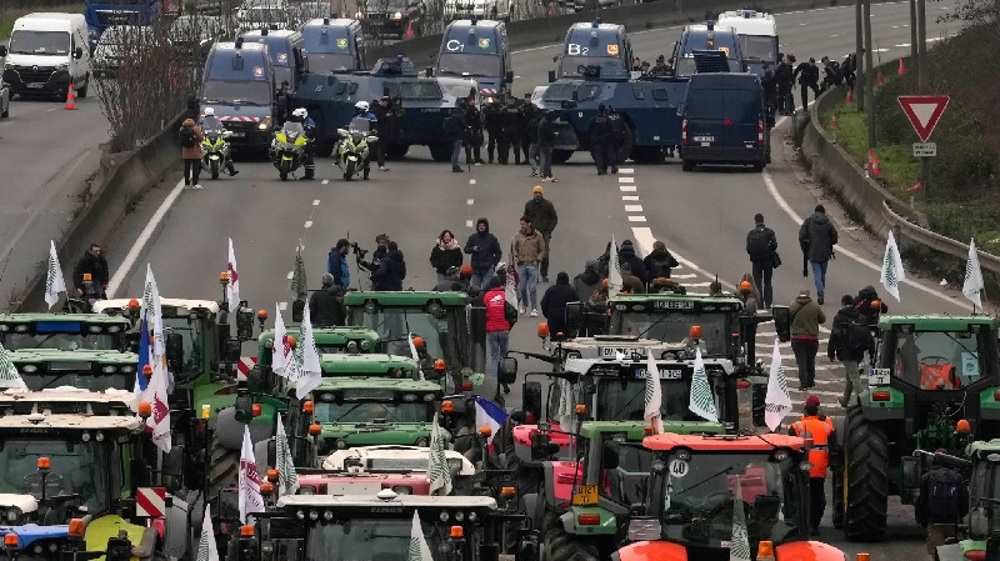
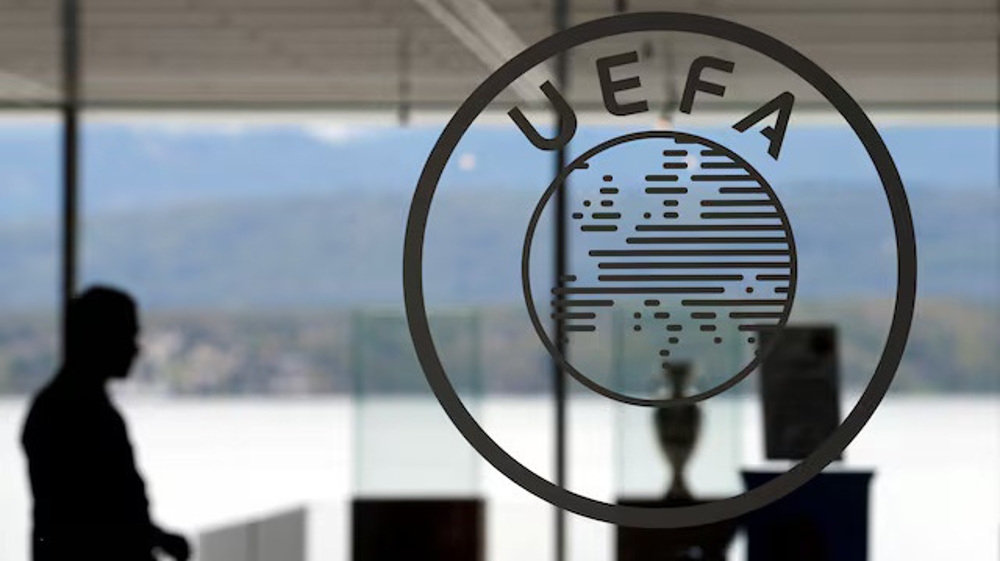



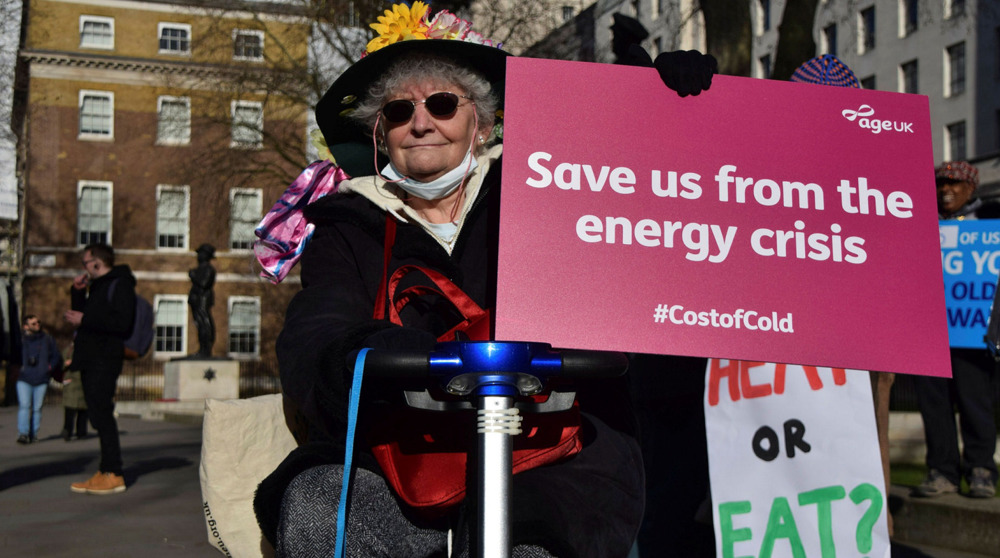
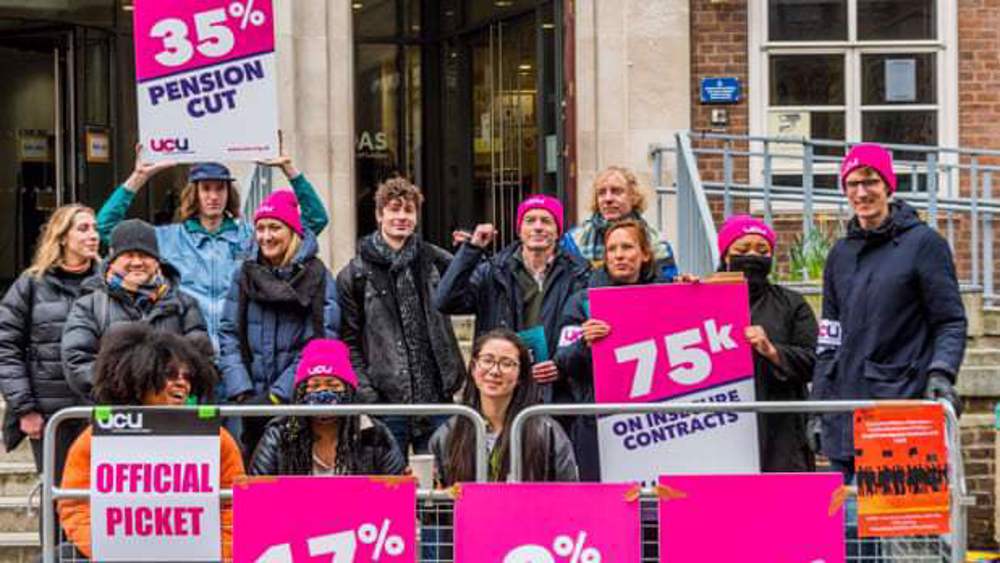



 This makes it easy to access the Press TV website
This makes it easy to access the Press TV website